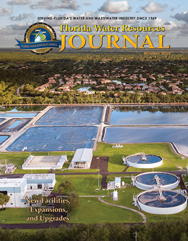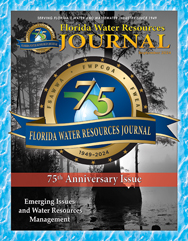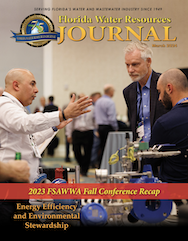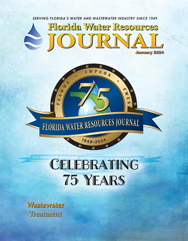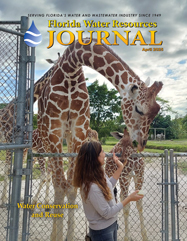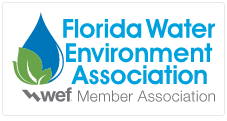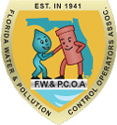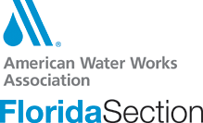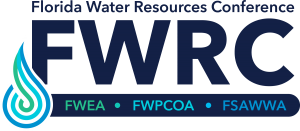AWWA, Black Water Professionals Alliance to Collaborate on Water Workforce
The American Water Works Association (AWWA) and the Black Water
Professionals Alliance (BWPA) have announced a collaborative agreement to
support development of a strong and diverse water workforce.
The memo of understanding (MOU) between the organizations is aimed at
expanding opportunities and strengthening the pipeline of skilled professionals in
the water industry. It specifies AWWA and BWPA will collaborate to support
career advancement, leadership development, and industry engagement for Black
professionals in the sector.
Key areas of focus include:
- Expanding industry networks by fostering regional engagement.
Supporting workforce development by promoting training, mentorship, and
career advancement opportunities for professionals at all stages of their
careers. - Inspiring Black professionals to serve in leadership roles within the water
industry. - Connecting with Historically Black Colleges and Universities (HBCUs) by
creating career pathways for students and graduates from HBCUs) to enter
and thrive in the water sector. - Sharing resources and opportunities by promoting industry events,
scholarships, and professional development programs to a wider audience.
“This collaboration is a significant step toward ensuring Black professionals have greater access to resources, networks, and leadership opportunities within the water industry,” said Patricia Harvey, BWPA president.”Together, BWPA and
AWWA will work to create meaningful pathways for career growth and
professional success.” John Albert, AWWA’s deputy chief executive officer, added, “The water sector relies on a strong and engaged workforce. Partnering with BWPA allows us to further support professional development and bring fresh perspectives to the
industry.”
City of Melbourne – Water Treatment Operator C, B, A or Trainee
Water Treatment Operator C, B, A or Trainee
Class C $44,640 – 74,996
Class B $46,649 – 78,371
Class A $48,748 – 81,898
Trainee $38,345 – 63,270
Learn more and apply online at www.melbourneflorida.org
City of Melbourne, Operations Supervisor
Reverse Osmosis and Actiflo Surface Water Treatment Plants
Must possess a Class A Drinking Water Treatment Operator License with a minimum of two (2) years in the supervisory capacity of a Class A water treatment facility.
Learn more and apply online at www.melbourneflorida.org
https://www.governmentjobs.com/careers/melbourneflorida
The Village of Wellington – Water Treatment Plant Operators

The Water Treatment Plant at the Village of Wellington is currently accepting applications for a full-time WATER OPERATOR and an INSTRUMENT TECH/OPERATOR positions. Apply online. Job postings and applications are available on our website: https://wellingtonfl.munisselfservice.com/employees/EmploymentOpportunities/
We are located in Palm Beach County, Florida. The Village of Wellington offers great benefits. For further information, call Human Resources at (561) 753-2585.






